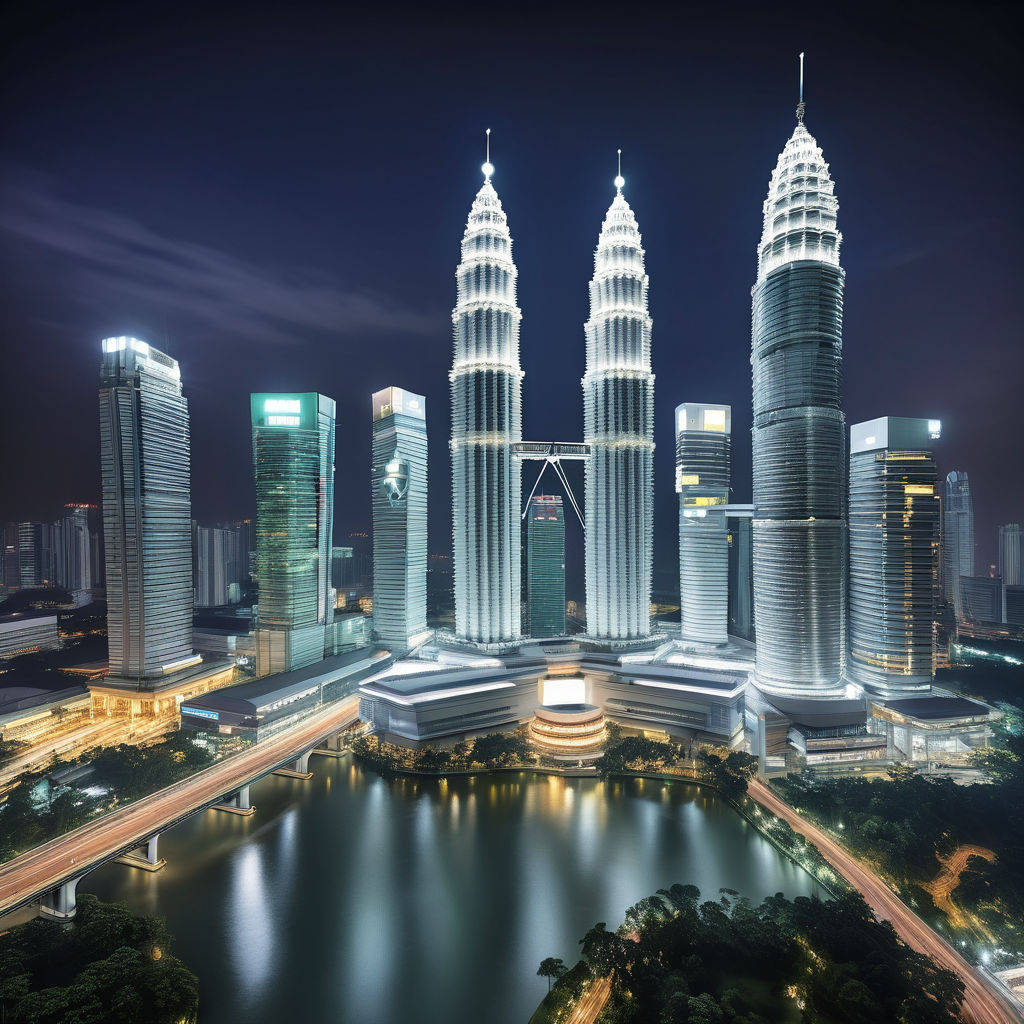Discover Malaysia: A Cultural Crossroads of Southeast Asia
Exploring Malaysia's Rich Cultural Heritage, Social Dynamics, and Cross-cultural Understanding

Introduction to Malaysia
Malaysia, officially known as the Federation of Malaysia, is located in Southeast Asia. It comprises two distinct regions separated by the South China Sea: Peninsular Malaysia and East Malaysia (on the island of Borneo). It shares borders with Thailand, Indonesia, Brunei, and Singapore. Major cities include Kuala Lumpur (the capital), George Town, Johor Bahru, and Kota Kinabalu. Malaysia’s rich cultural heritage is a blend of Malay, Chinese, Indian, and indigenous traditions, reflecting its history as a crossroads for trade and cultural exchange. This diversity is evident in its vibrant festivals, cuisine, music, dance, and architecture.
Cross-national and Cross-cultural Understanding
Malaysians generally engage with other cultures with a sense of openness, curiosity, and respect. The country's multicultural society has fostered a strong appreciation for cultural diversity and global interaction. Malaysia actively promotes cross-cultural understanding through various initiatives and programs. Significant cultural exchanges and educational programs highlight Malaysia’s commitment to global engagement. Institutions such as the Malaysian Ministry of Tourism, Arts and Culture, and the Malaysian Global Innovation & Creativity Centre promote Malaysian culture internationally through events, exhibitions, and cultural exchange programs. Additionally, the government supports scholarships and exchange programs that facilitate academic and cultural exchanges, fostering mutual understanding. International partnerships also enhance cross-cultural understanding. Malaysia is an active member of international organizations such as the United Nations, ASEAN (Association of Southeast Asian Nations), and the Commonwealth, promoting cultural cooperation and exchange. These partnerships facilitate student exchanges, collaborative research projects, and cultural festivals, strengthening Malaysia’s cultural ties with the world.
Interactions and Social Dynamics
Interactions between Malaysians and foreigners are typically characterized by warmth, friendliness, and a strong sense of community. Malaysian social behaviors are influenced by cultural values such as "gotong-royong" (mutual aid), respect for elders, and communal harmony. These values are often reflected in the way Malaysians engage with outsiders. Social behaviors in Malaysia emphasize respect and politeness in initial interactions, quickly becoming more informal and warm. Greetings often involve a handshake or a slight bow, and in the case of Malay Muslims, a "salaam" with a slight bow. Hospitality is a significant aspect of Malaysian culture, and guests are often treated with great care and generosity, frequently invited to share meals and participate in social gatherings. Communication styles in Malaysia are generally indirect and polite. Malaysians value harmony and avoiding confrontation, often using subtle language and non-verbal cues to convey their messages. Understanding these subtleties can be challenging for foreigners, but learning the language and cultural norms can help bridge this gap. Language plays a crucial role in facilitating interactions. Malaysia has a multilingual society, with Malay (Bahasa Malaysia) as the official language, while English, Chinese (Mandarin and various dialects), and Tamil are widely spoken. Multilingualism is valued and encouraged, especially in educational and professional settings.
Views on Dating and Relationships
Dating and relationships between Malaysians and foreigners are becoming more common, particularly among younger generations and in urban areas. Malaysian society tends to be conservative about relationships, heavily influenced by cultural and religious norms. However, there is a growing openness towards cross-cultural relationships as opportunities for international exposure increase. In Malaysian dating culture, there is often a strong emphasis on family approval and social harmony. Relationships are typically pursued with a long-term perspective, and traditional gender roles can play a significant role. Men are often expected to be providers and protectors, while women are expected to be nurturing and supportive. Cultural expectations and traditions, such as the importance of family approval and adherence to religious practices, can impact relationships. Understanding and respecting these cultural norms is essential for successful cross-cultural relationships in Malaysia.
Marriage and Family
Marrying foreigners is accepted in Malaysia, although it comes with certain social and familial considerations. Legal considerations for such marriages involve specific regulations governed by Malaysian civil law and religious practices. For instance, non-Muslims marrying Muslims are required to convert to Islam, which can be a significant consideration for cross-cultural marriages. Socially, Malaysian families may initially have reservations about cross-cultural marriages due to concerns about cultural differences and social compatibility. However, acceptance typically increases as relationships develop and families get to know the foreign partner. Family plays a central role in Malaysian culture, and marrying into a Malaysian family often involves participating in family gatherings and traditions. Common practices in cross-cultural marriages include celebrating both Malaysian and foreign traditions, creating a blended cultural environment. For example, a couple might celebrate Malaysian holidays like Hari Raya and Chinese New Year alongside holidays from the foreign partner’s culture.